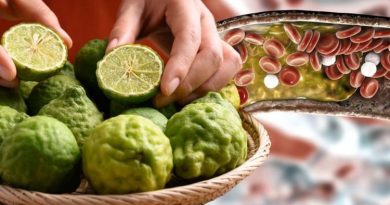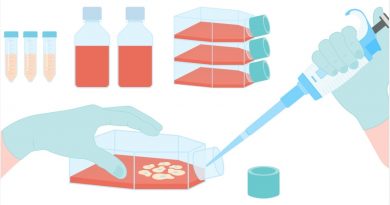Histamine-producing gut bacteria can trigger chronic abdominal pain: The discovery has been named Klebsiella aerogenes, the McMaster-Queen (MQ) strain
Researchers from McMaster University and Queen’s University have discovered a gut bacterial ‘super-producer’ of histamine that can cause pain flare-ups in some patients with irritable bowel syndrome (IBS).
The culprit is what has now been named Klebsiella aerogenes, the McMaster-Queen (MQ) strain, identified in up to 25 per cent of gut microbiota samples from patients with IBS. Researchers examined stool microbiota samples from both Canadian and American patient cohorts.
“We followed up these patients for several months and found high levels of stool histamine at the time when the patients reported severe pain, and low stool histamine when they were pain-free,” said senior author Premysl Bercik, professor of medicine of McMaster’s Michael G. DeGroote School of Medicine and a gastroenterologist.
The McMaster-Queen’s research team pinpointed the bacterium Klebsiella aerogenes as the key histamine producer by studying germ-free mice colonized with gut microbiota from patients with IBS. They also colonized some mice with gut microbiota from healthy volunteers as a control group.
The study found that the bacterium Klebsiella aerogenes converts dietary histidine, an essential amino acid present in animal and plant protein, into histamine, a known mediator of pain.
The bacterial histamine then activates the gut immune system through histamine-4 receptor, which draws immune mast cells into the intestines. These activated mast cells produce even more histamine and other pain-signalling mediators, triggering inflammation and pain.
Source: Read Full Article



